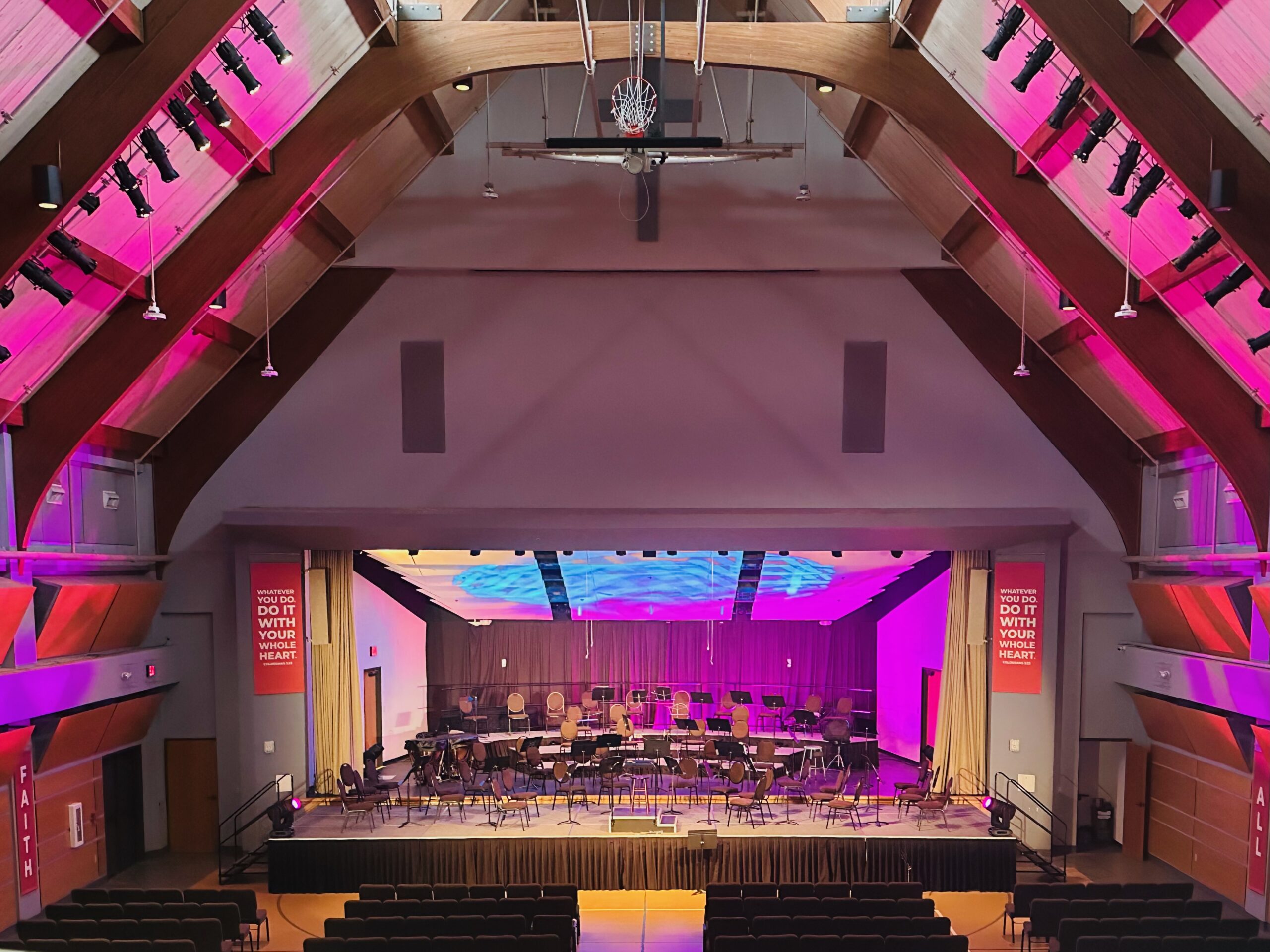

It is almost the end to another year. Time seems to be speeding along at a double rate. Now, I know it’s not, but why is it when you blink it’s Monday in January, and when you blink again, it’s Thursday in December? As the saying goes: time waits on no man.
With it comes the fact that human beings are always human doing. Planning for this event. Brainstorming for this initiative. Preparing for this program. My question to you is have you counted up the cost for the endeavors you’ve planned for the new year?
Being in technology, I get calls all the time about what a piece of equipment costs. What is the cost of installation or integration, or how to add this service to our existing situation. Those are appropriate questions to ask, but I wonder how many people created the plan, first, with the budgetary aspects included. Or they’re trying to figure out what they’re going to spend after the grandiose idea has been created, and now are having to scale back because the financial requirements were not even a secondary thought.
Let’s say for instance, you’re a church. A church is an operation. It should have yearly budgets for each of it’s major departments, and especially for technology because electrical equipment breaks, fails, stop working, etc.
Let’s say you bought projectors 5 years ago at $5000 per projector. Decently bright bulb projectors that are still doing a good job. However, in 5 years, the technology has changed. Projectors are now brighter with richer colors and more capabilities. The same lumen projector with laser technology versus a lamp would be brighter, and would never require the change of a bulb.
Now, at the point 5 years ago, when those bulb projectors were purchased, a budget should have been started to put away a little each year to be prepared to purchase new projectors in the future. A decision should have been made to prepare to make projector purchases in the future. A decision should have been made about what was going to be done with the older projectors in the future. A decision should have been made on what the church was going to be willing to spend on projectors in the future. And more importantly, an assessment of what the needs are each year to see if projection was going to even be the right tool in the future should have been taking place.

Why all of this planning?
So you can always get exactly what you need AND want.
Let me explain.
Most of the time, when equipment fails, organizations, churches, schools, or people haven’t prepared for such a situation. (Though we all know it’s going to happen). So, now, they’re calling, scrambling trying to find the cheapest replacement they can until they can buy what they want. So, think about that.
You’re going to buy a patch until you can buy what you really need or want.
If you have spare money lying around, then, I guess, it’s not a big deal. But my experience has been that people are looking for the cheapest replacement versus the right replacement because they haven’t prepared for what is inevitable. This is a shame because they’re just going to spend more money again sooner than they think.
This is no different than having insurance for your car. It’s no different than having life insurance on yourself or spouse or other family members. It’s no different than planning for vacations or birthdays or holidays. Forethought must be given to the things that we know are going to happen.
As long as you are any kind of organization that plans on being around for a long time, you must count up the cost in every area of your operations if you want to see maximum results from your efforts.



